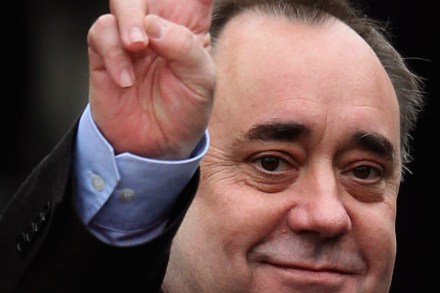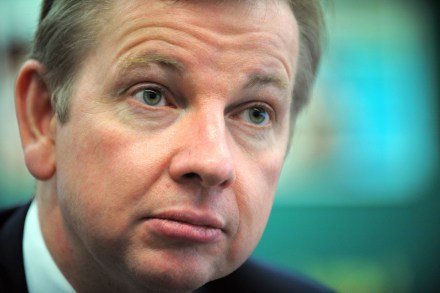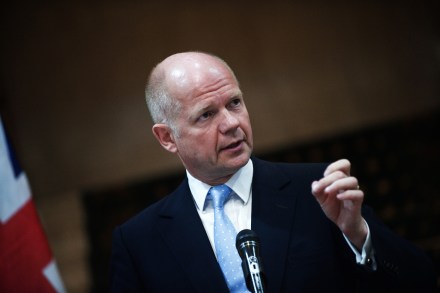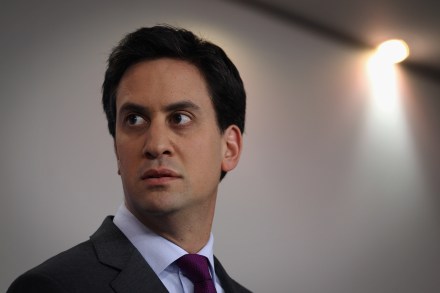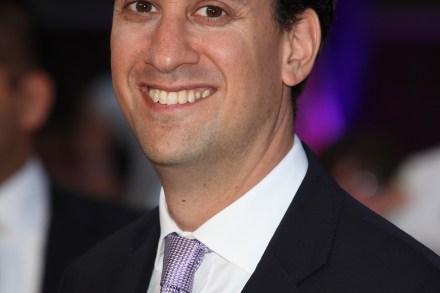Lansley’s health problems return
Another day, another exercise in obstructionism from the unions. Only this time it’s not Ed Miliband that they’re complaining about. It’s Andrew Lansley and the government’s health reforms. The Royal College of Nursing and the Royal College of Midwives have said that the entire Health Bill should be dropped. They have shifted, as they put it rather dramatically, to ‘outright opposition’. Which must be annoying for Lansley, given how he took time to ‘pause, listen and engage’ last summer, and adjusted his Bill accordingly. That whole process was meant to anaethetise this sort of disagreement, but the tensions clearly persist and could indeed get worse from here. It’s telling that





